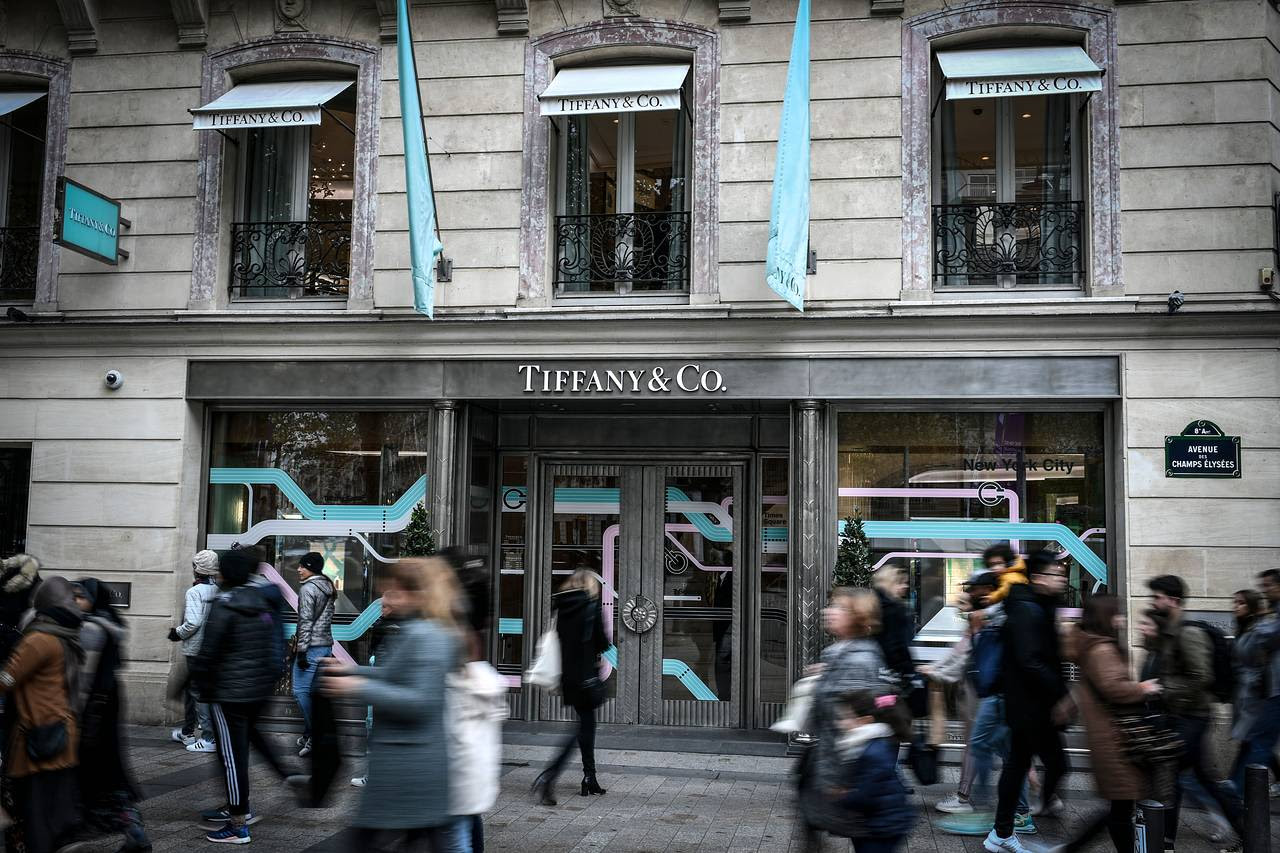What’s Happening: Following a bitter legal battle that extended for upwards of one year, LVMH Moët Hennessy Louis Vuitton has officially acquired American jeweler Tiffany for $15.8 billion and immediately announced staffing changes.
The Download: The European luxury conglomerate’s acquisition of Tiffany, first announced in November 2019, draws the contentious yearlong saga to a close. In September, LVMH announced plans to abandon the deal, citing ongoing trade disputes between Brussels and Washington as well as pandemic-induced declines in luxury goods sales. Analysts believed the move was a strategic bid to renegotiate the sale at a slightly lower cost, sparking a bitter legal dispute. In October, the two companies renegotiated the acquisition, which has become the biggest luxury goods deal in history.
Almost immediately, LVMH CEO Bernard Arnault confirmed the reshuffling of roles starting with Louis Vuitton executive Anthony Ledru announced as Tiffany’s new CEO, replacing Alessandro Bogliolo. Alexandre Arnault, Bernard’s son and the current CEO of luggage brand Rimowa, has been given an additional role as executive vice president of product and communications; Michael Burke, CEO and chairman at Louis Vuitton, will also become chairman of Tiffany’s board. Tiffany’s current artistic director, Reed Krakoff, will depart the company along with chief brand officer Daniella Vitale.
No replacements for Krakoff and Vitale have been named yet, though LVMH plans to overhaul the design team ahead of a makeover that analysts predict will focus on courting young shoppers and Asian customers. Tiffany’s most recent quarterly earnings indicated 70 percent increases in sales in China and e-commerce sales surges of 92 percent. The acquisition will ultimately better position LVMH to compete with Swiss jewelry purveyor Richemont, owner of Cartier and Van Cleef & Arpels, by strengthening its market share in the watches and jewelry sector, considered LVMH’s weakest division.
In Their Own Words: “We are optimistic about Tiffany’s ability to accelerate its growth, innovate, and remain at the forefront of our discerning customers’ most cherished life achievements and memories,” Bernard Arnault said in a statement.
With regard to staffing changes, Bernstein analyst Luca Solca told Vogue Business that “it’s smart to orchestrate a swift transition,” further describing the move as “a necessary ingredient in successful M&A and turnarounds. We also think that the idea of pairing experienced managers with up-and-coming family members (and possible future leaders) creates a fruitful environment: one in which one can go down the learning curve, avoid mistakes, and prove one’s true value.”
Surface Says: While the immediate staffing changes to LVMH loyalists aren’t a surprise, we’re keeping our eyes peeled on how the product side plays out. It’ll be interesting to see how Alexandre Arnault, who introduced high-profile brand collaborations that raised Rimowa’s profile considerably among younger consumers, may bring Tiffany into the future.

